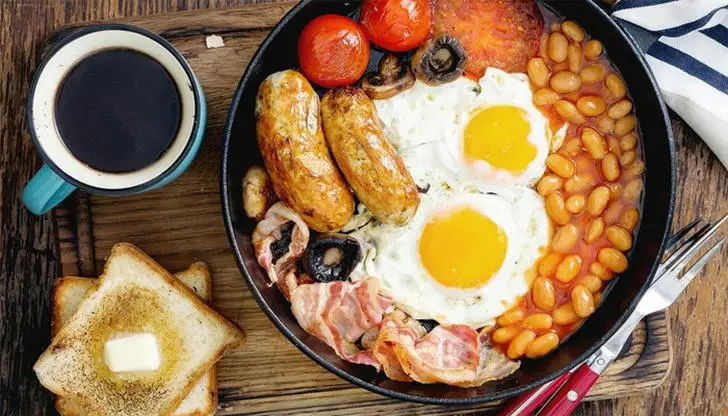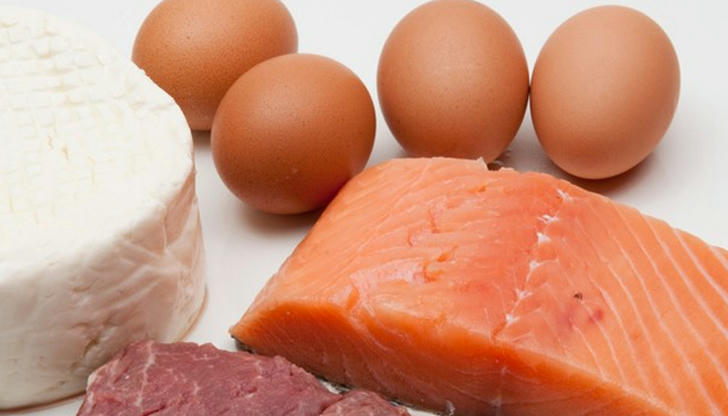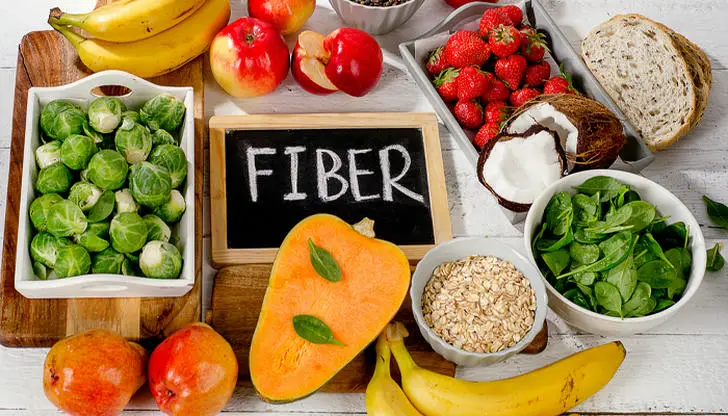Facts You Need to Know about Breakfast
Advertisement
A hearty breakfast can bring us an active brain, awakened taste buds, as well as a warm and full stomach. The research published in the American Journal of Clinical Endocrinology and Metabolism (JCEM) shows that having a good breakfast can not only promote your weight loss, but also give you a stable blood glucose and insulin levels all day long. If you don't eat breakfast, you will miss its nutrients such as calcium in milk, vitamin C in fruits, fiber in grains. And those who eat nothing until lunch are likely to eat more foods and snacks in the rest of the day. For people who often neglect breakfast, here are several facts you need to know.

A big breakfast makes weight loss easier

According to the research of Lubeck University, the energy consumption of breakfast (food thermal effect) is 2.5 times higher than that of dinner. Also, compared with men who ate more calories in the morning, those who chose a low calorie breakfast preferred sweet foods for the rest of the day.
Before that, the medical team of Tel Aviv University also found that women who have big breakfasts lost more weight on average than those have big dinner.
What does a good breakfast need?
Breakfast is indispensable and should have two heart protecting nutrients - high-quality protein and dietary fiber.
• Protein

Protein can ensure the operation of your heart, since it is an essential component of many body tissues and organs. A protein rich breakfast can give you a strong satiety, thus effectively helps you to control weight. What's more, Tyrosine in protein can promote secretions of dopamine and adrenaline, which helps you think acutely. The balanced intake of protein in meals can inhibit the decomposition of muscle protein and provide sufficient raw materials for muscle synthesis.
• Dietary fiber

There are two kinds of dietary fiber, soluble and insoluble. The soluble dietary fiber can help control your blood lipids and blood glucose levels, thus may help reduce the risks of getting chronic diseases such as heart disease and diabetes. The insoluble dietary fiber can promote intestinal peristalsis and take precaution of constipation.
Both of the two dietary fibers have low energy and filling function, which can delay the emptying speed of food in your stomach, and help to discharge some heavy metal elements and chemical pollutants in your body.
Coarse grains, beans, vegetables, fruits, potatoes, nuts, etc. are all good sources of dietary fiber. A good breakfast should at least have one fruit or vegetable.
Nutritious breakfast formula
A high-quality breakfast focuses on balanced nutrition. Generally speaking, this formula should be followed: staple food + eggs (or milk, beans) + various fruits and vegetables + fat.

• Elderly:
The digestive function of the elderly is not as strong as before. Breakfast should be less meat, low fat, high fiber and easy to digest. The elderly with chronic diseases are suggested to have oatmeal porridge, which has low sugar index and is more conducive to disease management.
• Teenagers:
The teenagers in the growing period need abundant staple foods for breakfast, such as bread and cereal, together with milk, fresh fruits, and vegetables, to strengthen the intake of calcium, vitamins and other nutrients.
• Adults:
You should never neglect breakfast no matter how busy you are. It is recommended to have a boiled egg, corn, pumpkin or toast, as well as fresh fruits and vegetables, and then match it with a cup of yogurt or coffee to strengthen gastrointestinal peristalsis. On this basis, a handful of nuts, such as walnuts, pine nuts, peanuts will be more perfect.

People have vigorous appetite in 20-30 minutes after getting up, which is the best time to have breakfast. Enjoying a good and healthy breakfast can keep you energetic all day long.



